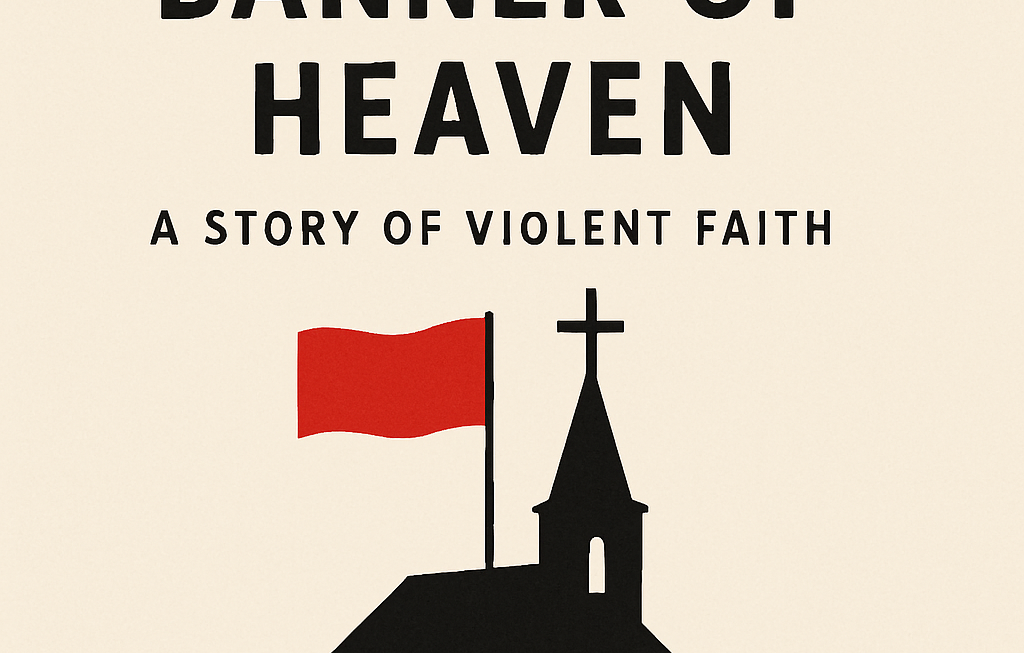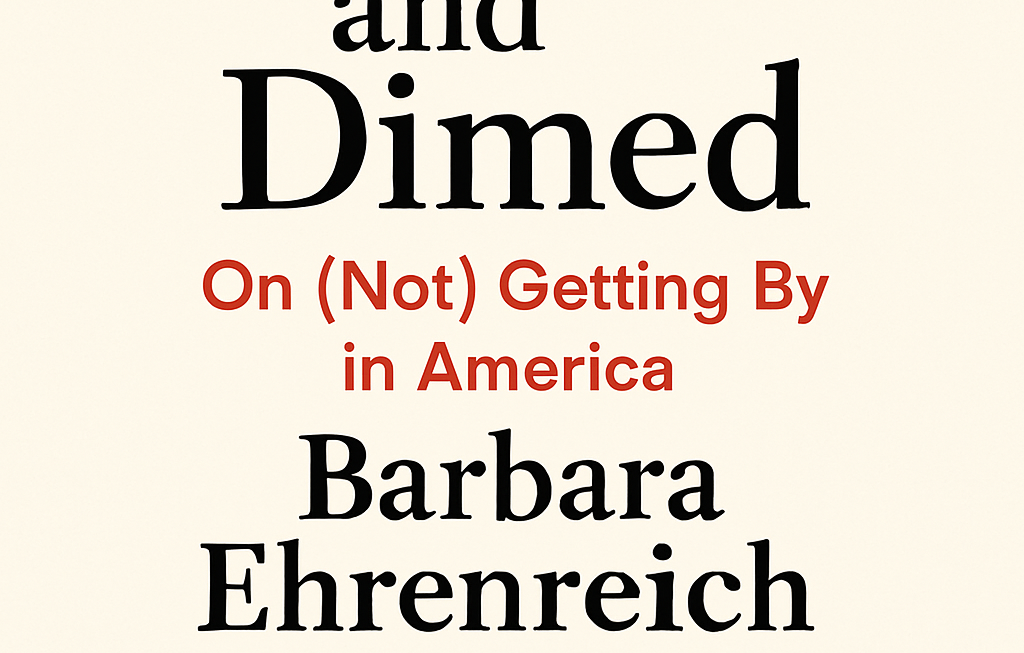Under the Banner of Heaven: A Decade of Debate and Krakauer’s Unwavering Gaze
Jon Krakauer, the celebrated author of Into the Wild and Into Thin Air, ventured into a different kind of wilderness with his 2003 masterpiece, Under the Banner of Heaven: A Story of Violent Faith. This isn’t the Alaskan expanse or the treacherous slopes of Everest, but the treacherous terrain of religious extremism, specifically within the context of fundamentalist Mormonism. The book, a chilling exploration of the 1984 murder of Brenda Lafferty and her infant daughter, committed by her brothers-in-law who claimed divine sanction, isn’t simply a crime narrative. It’s a meticulous dissection of faith, its capacity for both profound good and unspeakable evil. Krakauer masterfully interweaves the gruesome details of the Lafferty murders with a comprehensive history of the Church of Jesus Christ of Latter-day Saints, exploring its origins, its doctrines on polygamy, and the emergence of fundamentalist sects that fracture from the mainstream. The result is a compelling narrative that sparked both intense admiration and fierce controversy upon its release, a testament to its provocative power and Krakauer’s unflinching journalistic rigor.
Krakauer, a man who has stared into the abyss of both physical and spiritual extremes, doesn’t shy away from the complexities of faith. His background as a mountaineer, a profession that demands both meticulous planning and an acceptance of inherent risk, seems to have shaped his approach to investigative journalism. His ability to blend rigorous research with a gripping narrative style, honed over years of documenting extraordinary human experiences, transforms Under the Banner of Heaven into more than just a true crime account; it’s a compelling exploration of human nature’s capacity for both profound devotion and terrifying violence.
An Interview with Jon Krakauer
- Question: Under the Banner of Heaven sparked considerable controversy within the LDS community. Looking back, what aspect of the book’s reception surprised you the most, and how did it affect your approach to subsequent writing?
Answer: The level of vitriol from some quarters within the LDS community surprised me. I expected pushback, but the intensity and sometimes personal nature of the attacks were unexpected. It reinforced the importance of rigorous fact-checking and also highlighted the sensitive nature of religious belief and the emotional triggers that can be activated when that faith is challenged. In later works, I remained committed to my journalistic principles, but I did become more mindful of the potential impact my words could have on sensitive communities.
- Question: Your work often explores the intersection of human ambition and its potentially tragic consequences. How does this theme manifest differently in Under the Banner of Heaven compared to your mountaineering narratives?
Answer: In my mountaineering books, the ambition is often a personal quest—a drive for self-discovery or the conquest of nature. In Under the Banner of Heaven, the tragic consequences stem from religious ambition—the desire for spiritual certainty and power that led to horrific acts. Both types of ambition, however, reveal a fundamental human flaw: the tendency to prioritize goals above ethical considerations, sometimes with devastating results. The motivations differ, but the outcome, in both cases, is often a descent into tragedy.
- Question: The book carefully balances detailed historical research with a gripping narrative. Can you describe the process of weaving these two elements together, and what challenges did you encounter in achieving this delicate balance?
Answer: Balancing historical detail and narrative drive requires careful planning and a commitment to pacing. I spent a considerable amount of time immersed in historical documents, church records, and legal transcripts. My approach was to integrate these findings organically, ensuring they advanced the narrative while deepening the reader’s understanding. The challenge lay in finding the right balance, ensuring the factual details don’t overwhelm the story’s momentum. It’s a process of constant revision and refinement.
- Question: How did your personal background and experiences shape your understanding of the complexities of faith and belief, as explored in the book?
Answer: My upbringing in a relatively conservative environment gave me a basic understanding of faith and religious communities. However, my later experiences, including my travels and reporting on various cultures and belief systems, significantly broadened my perspective. This understanding wasn’t simply intellectual, but rather one that involved grappling with the power of religious beliefs to shape human behavior—for both good and ill. It deepened my appreciation for the complexities and contradictions that exist within any belief system.
- Question: Some critics argue that your portrayal of the LDS Church oversimplifies its complexities. How would you respond to such criticism?
Answer: It’s impossible to fully capture the complexity of any large and diverse organization in a single book. My goal wasn’t to provide a comprehensive history of the LDS Church, but to explore a specific aspect of its history—the relationship between certain fundamentalist beliefs and the tragic violence committed in the name of those beliefs. That said, I stand by my research and believe my portrayal was fair and accurate in the context of the book’s specific focus.
- Question: Your writing often explores themes of isolation. How does the isolation of the Lafferty brothers contribute to their actions, and what are the broader implications of this aspect of your narrative?
Answer: The Lafferty brothers’ self-imposed isolation, fueled by their extremist beliefs, significantly contributed to their actions. Cut off from mainstream Mormon culture and isolated within their own twisted interpretations of scripture, they believed themselves justified in their horrific acts. This highlights the dangerous potential of isolating extremist ideologies, as they are shielded from outside scrutiny and accountability, fostering a sense of entitlement and righteousness that can lead to violence. The broader implication is that isolation, in its many forms, can be a powerful breeding ground for extremism.
- Question: You’ve written about both physical and spiritual wildernesses. How do these landscapes, both literal and metaphorical, inform each other in your work?
Answer: The physical and metaphorical wildernesses are intrinsically linked in my writing. Both represent challenging environments demanding resilience, resourcefulness, and the capacity to confront profound questions about human nature and the limits of human endurance. The Alaskan wilderness of Into the Wild mirrors the spiritual wilderness inhabited by the Lafferty brothers; both require navigation, and both pose existential risks. They serve as powerful metaphors for the human condition, highlighting the delicate balance between our longing for freedom and the dangers we face when pursuing it.
- Question: What specific writing techniques did you employ to ensure the narrative in Under the Banner of Heaven remained engaging despite its heavy subject matter?
Answer: To maintain engagement with such difficult subject matter, I focused on storytelling techniques that balanced detailed research with a fast-paced and suspenseful narrative. I tried to create strong character profiles, build tension, and develop a strong sense of time and place. I also made conscious choices about how to present the violence, opting for a restrained but impactful style that never glorifies the crimes but conveys their horrific reality.
- Question: Beyond the specifics of the Lafferty case, what larger questions about faith, violence, and extremism does Under the Banner of Heaven ultimately pose?
Answer: At its core, Under the Banner of Heaven raises questions about the seductive nature of absolute certainty and the potential for seemingly benign beliefs to morph into dangerous ideologies. It explores how readily faith can be weaponized, and the dangers of blind obedience to authority, especially in the context of religious extremism. Ultimately, it’s a reflection on the enduring struggle between faith, reason, and the human capacity for both great good and unimaginable evil.
- Question: Looking back two decades later, what is your lasting reflection on Under the Banner of Heaven’s impact, and how has your perspective on its themes potentially evolved?
Answer: My perspective on the book’s themes has not fundamentally changed, although my understanding of their nuances has undoubtedly deepened. Unfortunately, the issues explored in the book remain profoundly relevant. Extremist ideologies, fueled by distorted interpretations of faith, continue to emerge and pose threats globally. The book’s enduring impact lies in its ongoing ability to spark crucial conversations about the dangers of religious extremism and the need for critical thinking in confronting such ideologies. I only hope it continues to encourage dialogue and help us understand the complex interplay between faith, violence, and the human condition.
“`



